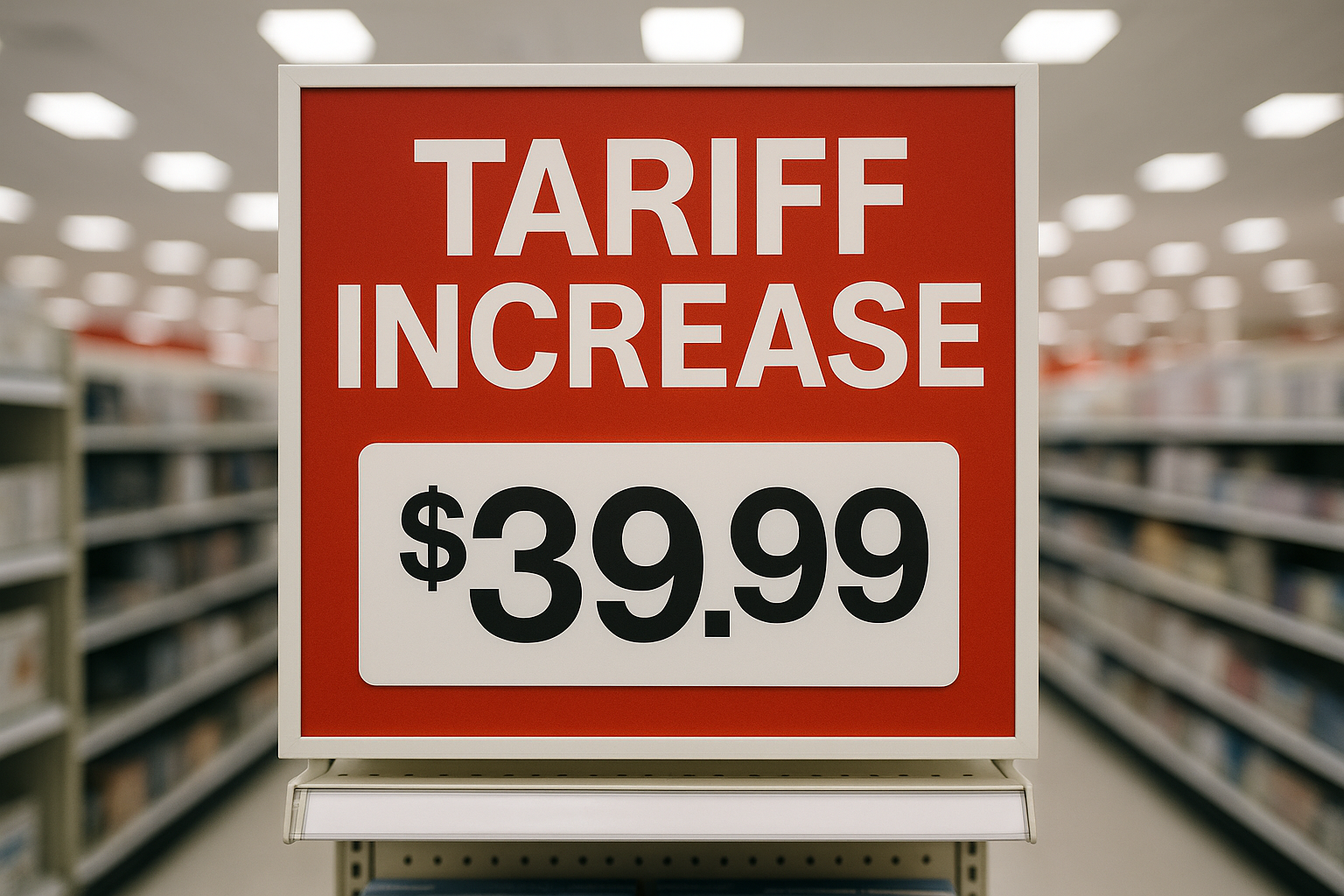How Tariffs and Geopolitics Are Reshaping the Industrial Supply Chain in 2025
How Tariffs and Geopolitics Are Reshaping the Industrial Supply Chain in 2025
The industrial supply chain is under mounting pressure in 2025. With tariffs soaring and geopolitical risks escalating, manufacturers, distributors, and industrial suppliers are facing cost surges, material shortages, and operational bottlenecks.
From rare earth elements and steel and aluminum to semiconductors, global supply chains are being stretched thin. But this isn't just a crisis—it's a wake-up call. For companies willing to evolve, AI can be the catalyst for building smarter, more resilient operations.

The Supply Chain Pressures You Can’t Ignore
Industrial companies today are navigating a volatile mix of tariff shocks, raw material constraints, and logistics delays. Here's what’s driving the shift:
$22.4 Billion in Steel & Aluminum Tariffs
According to Evergreen Resources, new tariffs on imported steel and aluminum are expected to cost U.S. industries an additional $22.4 billion. These increases are hitting construction, packaging, heavy machinery, and infrastructure suppliers hard—forcing price recalibrations across the board.
Rare Earth Exports Suspended by China
Luxury and everyday accessories—including handbags, belts, and jewelry—are now facing tariffs of up to 20%, making these items significantly more expensive for U.S. consumers. Major brands in the luxury space, like Coach and Michael Kors, are adjusting pricing strategies to stay competitive.
Semiconductor Tariffs Disrupt Tech-Heavy Manufacturing
New tariffs on semiconductors have raised alarm bells for electronics manufacturers, machinery builders, and industries that rely on integrated systems and automation. With fewer options for sourcing chips, lead times are increasing and production agility is being tested.

How Hypersonix Helps Industrial Suppliers Stay Resilient
Navigating these disruptions requires more than spreadsheets and reactive planning. Hypersonix provides AI-driven solutions purpose-built to help industrial businesses adapt quickly, optimize decisions, and maintain profitability amid cost volatility.
Competitor AI
With tariffs driving rapid cost changes, it's crucial to know how competitors are adjusting pricing and sourcing. Hypersonix’s Competitor AI allows you to:
- Track competitor pricing shifts weekly or monthly
- Benchmark market movements to avoid overpricing or underselling
- Respond faster to undercutting or repositioning from rivals
Example: If competitors are absorbing part of the aluminum cost increase to retain key customers, Competitor AI alerts you to the trend—so you can decide whether to follow suit or protect margin strategically.

Pricing AI
Tariffs make pricing trickier than ever. Hypersonix’s Pricing AI helps manufacturers and distributors:
- Set margin-protective prices without alienating customers
- Segment pricing based on region, volume, and product category
- Simulate pricing scenarios to forecast revenue impact of cost increases
Example: If raw material costs rise 12%, Pricing AI can recommend which SKUs to raise prices on and which ones to leave untouched to retain volume.
Promo AI
Discounting may feel counterintuitive in a high-cost environment, but the right promotions can still drive demand and protect share. Hypersonix’s Promo AI helps:
- Identify the most promotion-responsive customers and products
- Time and target offers when cost absorption is feasible
- Measure lift and margin impact so you don’t discount blindly
Example: Run strategic promotions on overstocked lower-margin products while holding firm on high-demand items affected by tariffs.

Final Thoughts: Reinventing Industrial Supply for a Tariff-Fueled Future
With over $22 billion in tariff exposure, rare earth access blocked, and sourcing cycles extended, industrial suppliers need to shift from reaction to strategy. And that shift begins with AI.
By using Hypersonix’s suite of intelligent tools, you’re not just managing disruption—you’re turning it into a competitive advantage.
Whether it’s smarter pricing, faster competitor tracking, or more effective promotions, the companies that lean into data-driven operations will be the ones that emerge stronger.
Want to see how Hypersonix can help your industrial business navigate rising tariffs and market volatility? Let’s talk.

.png?width=730&height=68&name=CS_Learn%20More%20(5).png)
-1.png)




